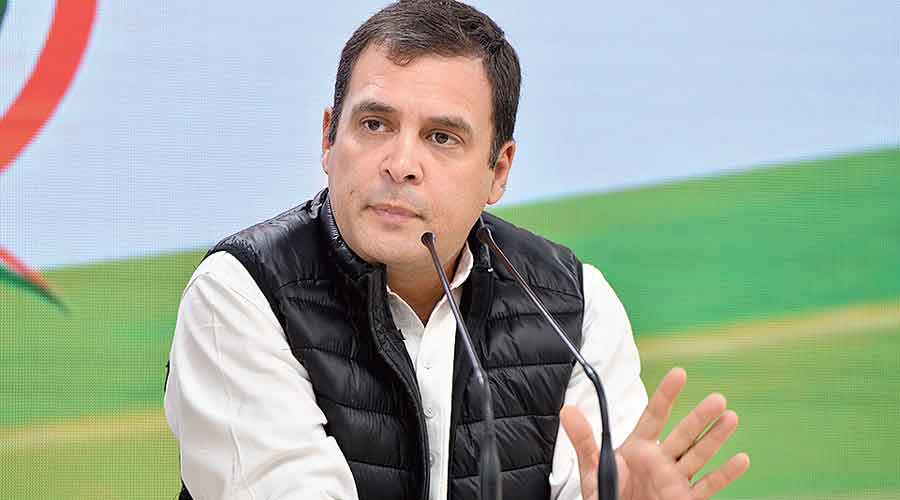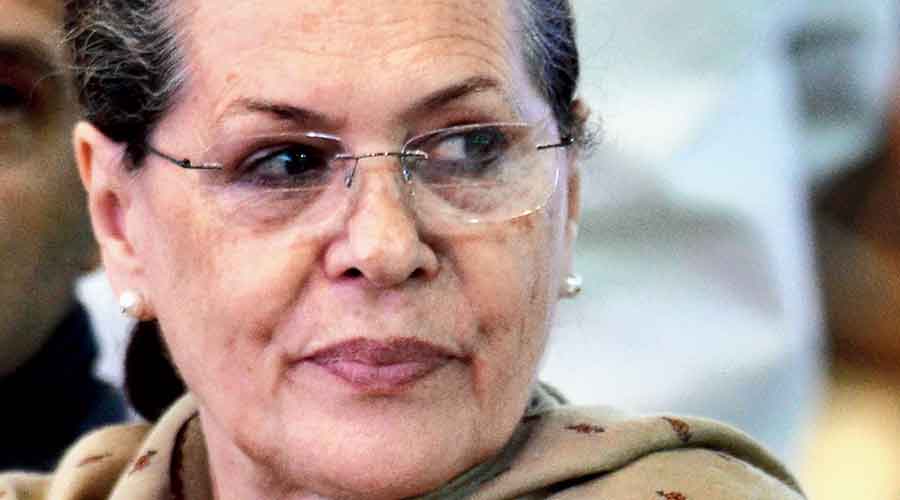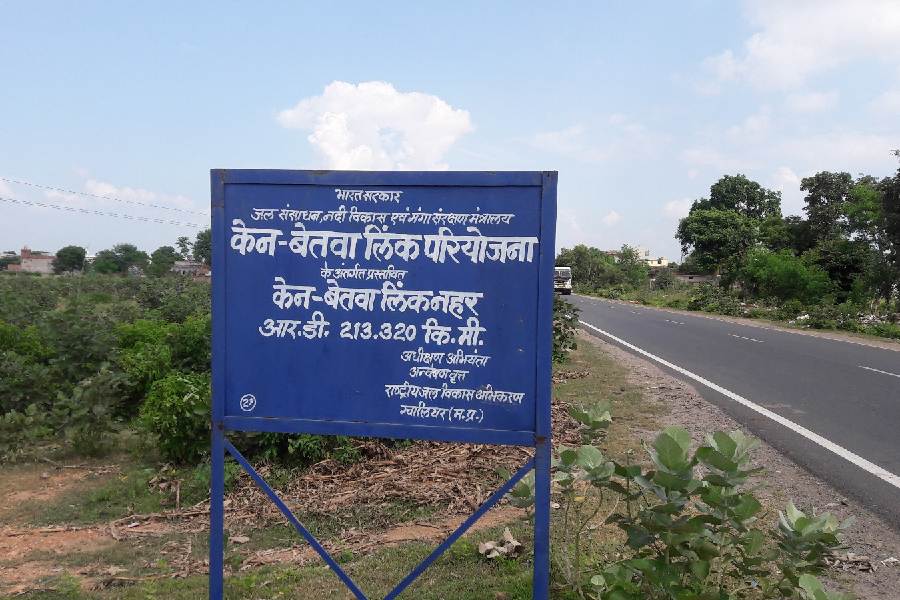Congress president Sonia Gandhi plans an organisational overhaul in the next few days and has begun consulting leaders from the states and the central organisation.
Before finalising the changes, Sonia is expected to meet Ghulam Nabi Azad, leader of the G-23, seen as a collection of dissenters.
Rahul Gandhi has met former Haryana chief minister Bhupinder Singh Hooda, a member of the G-23, and discussed the options in his state.
This is being seen as a reconciliatory gesture by Rahul, who was deemed to be against Hooda’s leadership. Hooda was an opponent of Haryana chief Kumari Selja and wanted control of the state unit for himself or his son Deepender Hooda. Hooda Sr is probably the strongest mass leader in the G-23 and is expected to fall in line if the high command gives him the reins in Haryana.
It’s unlikely that all the G-23 members will be rehabilitated: for instance, there is anger in the party against Kapil Sibal who has openly demanded the departure of the Gandhi family from the leadership role.

Rahul Gandhi. File photo
Gujarat leader Shankersinh Vaghela, who had left the Congress just before the last Assembly elections, and Amarinder Singh’s wife Praneet Kaur attended a meeting of the G-23 on Wednesday, deepening the suspicion among loyalists. Amarinder left the Congress after being dropped as Punjab chief minister last year and became a BJP ally.
Hooda has met Azad and briefed him about his meeting with Rahul. Some key G-23 leaders later met in the night at Azad’s home to discuss the day’s developments.
Although what transpired at the meeting between Rahul and Hooda remains unknown, the initiative to interact with the dissenters reflects a willingness among the top leadership to listen to genuine grievances. Sources said Rahul had agreed with the G-23 demand for collective leadership.
The G-23 has a problem not with the supremacy enjoyed by Sonia or Rahul but with the choice of some of the office-bearers. An impression had gained ground that Rahul was filling posts with his loyalists while experienced and capable leaders were being discarded only because they were not blind followers.
Issues like the absence of institutionalised decision-making cropped up at the G-23 meeting on Wednesday night. Members underlined that the key decisions to remove Amarinder as chief minister and to reserve 40 per cent seats for women candidates in the Uttar Pradesh election were taken without consultations within the party. The Congress Working Committee didn’t have a role at all.
P. Chidambaram, who was in charge of Goa, said in an interview to a TV channel that leaders who were deeply involved in state affairs could certainly do a better job than somebody from outside in a short span of time.
Responding to queries about the G-23, Chidambaram said: “We are all for sharing responsibility, collective decision-making. The Gandhis offered to step down. (This was) not accepted by the Congress Working Committee. The answer is to quicken the organisational election to elect a full-time president.”
He added: “Mrs Gandhi offered to advance the election, but then again most members didn’t agree on advancement of the election. In August, we will get the president. Between now and August, the best we can do is take necessary comprehensive reforms in the party. Mrs Gandhi is doing that. Nobody is running away from responsibility.”











